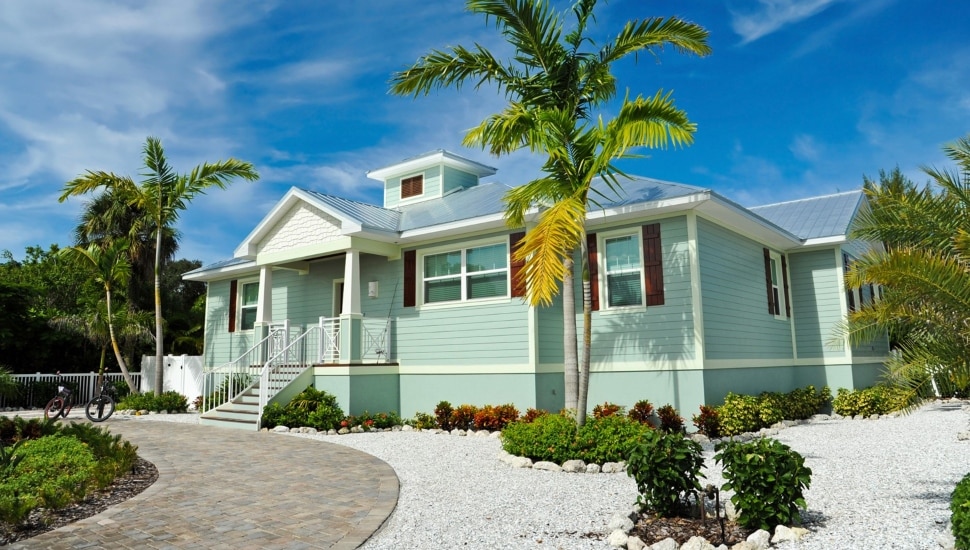Renting Out Your Vacation Property? Consider the Tax Impact, Advises DunlapSLK

Whether you’re considering vacation home ownership or already own a vacation home, renting out a vacation property can have significant tax consequences that vary depending on the number of days the property is rented versus used personally, advises DunlapSLK, a CPA and business advisory firm based in Chalfont.
If the property is rented out for less than 15 days during the year, rent is not included in your income, but deductions are limited to mortgage interest and property taxes.
If the property is rented out for more than 14 days, the rent received must be included in your income, but you are able to take deductions — subject to several rules — for depreciation and operating expenses proportional to the amount of days the home is rented versus used personally. The personal use portion of taxes must be deducted separately. It’s important to note that personal use of the property includes vacation use by your relatives, even if they pay market rate rent, and by nonrelatives if they do not pay market rate rent.
There are additional rules pertaining to rental income and expenses governing whether or not you may be able to claim a rental loss. Once again, the number of days you use the home personally factors into this equation.
As always, detailed recordkeeping is important to ensure compliance with tax laws and maximize potential deductions. Given the complexities involved, consulting a tax professional is advisable to help navigate these rules and optimize your tax situation.
Learn more from DunlapSLK about how renting out your vacation property will affect your taxes.
Connect With Your Community
Subscribe for stories that matter!
"*" indicates required fields






























